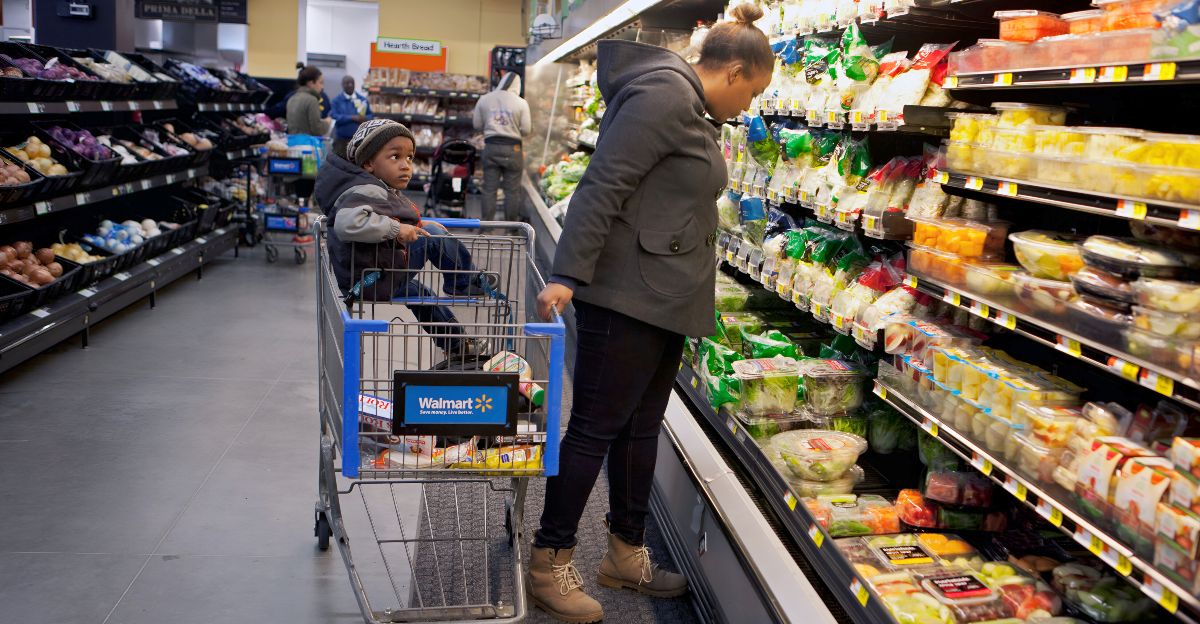
In just a few steps past the parking lot, a quick grocery run can turn into a $2,500 mistake.
That’s the reality facing shoppers at Walmart, Target, and other big chains as new shopping cart laws roll out across nine states. What used to be a harmless habit, rolling your cart off the lot, is now a legal risk with serious consequences.
This crackdown isn’t just about lost carts. It’s about rising prices, neighborhood tensions, and a retail industry trying to stay afloat in tough times. And unfortunately, everyday people are the ones feeling the squeeze.
So what’s really behind this new wave of fines, and who’s getting caught in the crossfire?
Let’s break it down.
Why Are Cart Laws Getting So Harsh?
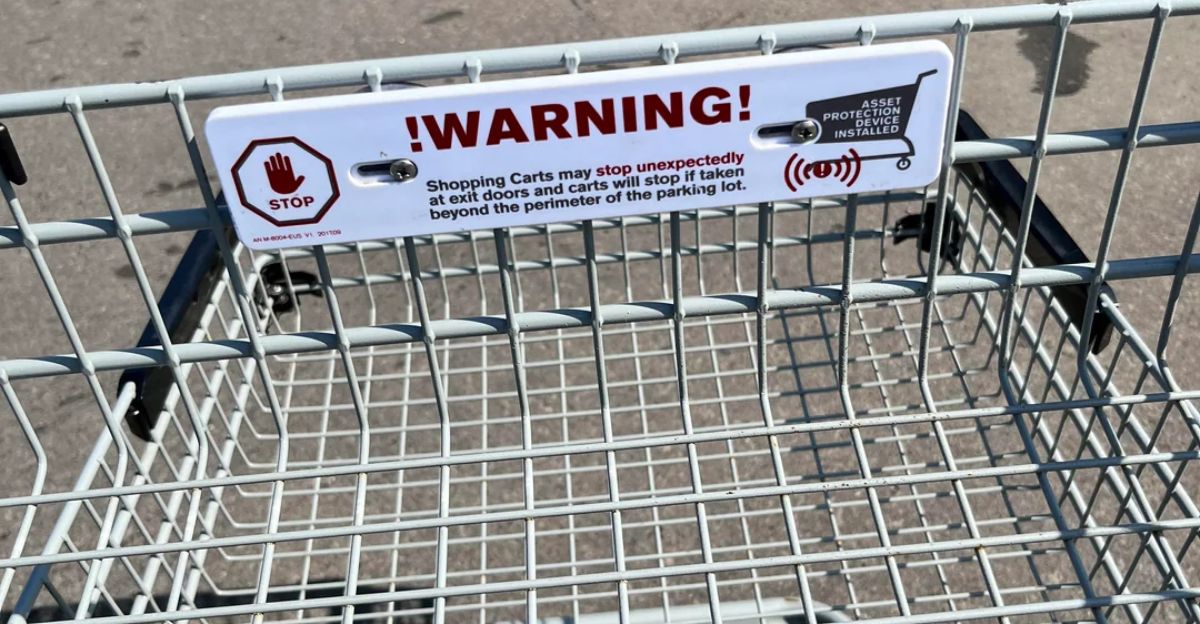
Cart theft might seem like small potatoes, but it’s a massive drain on retailers. Every 90 seconds, a cart disappears in the U.S., racking up $175 million in losses every year. These aren’t just business problems; they lead to higher prices, locked-up goods, and even store closures.
Under pressure from both stores and fed-up residents, lawmakers are cracking down with steep penalties. The bottom line? Taking a cart off property isn’t a harmless habit anymore. It’s a legal risk.
What Actions Could Get You Fined?
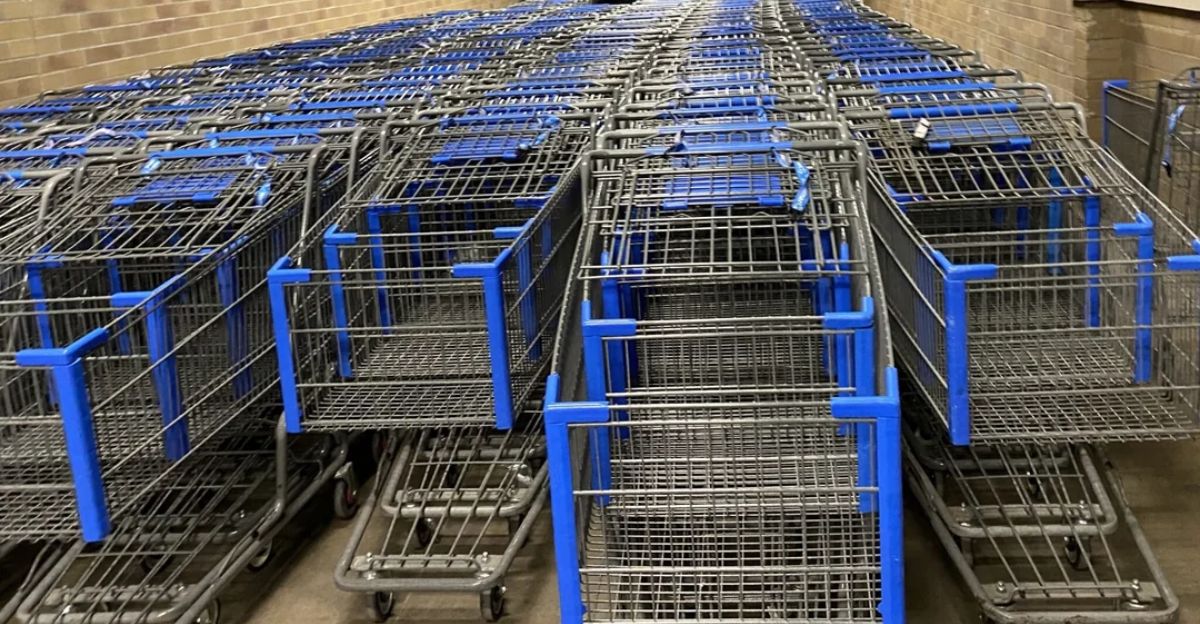
You don’t need to be running a cart-stealing ring to get hit. In many states, just rolling a cart off store property, ditching it in a parking lot, or using it for personal transport can lead to fines.
Some cities even add their own penalties, pushing the total above $2,500. If it’s your first offense, you might get a warning. But repeat it, or make it obvious, and you could be looking at criminal charges or jail time. Intent matters, but the rules are strict and unforgiving.
The Real Cost for Retailers
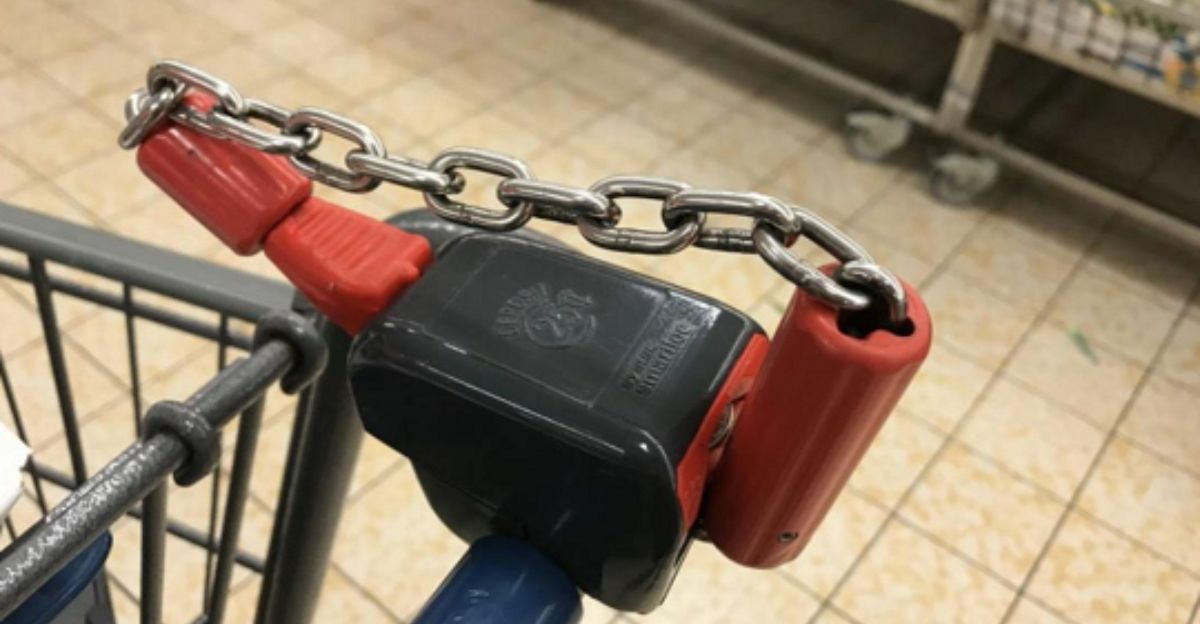
Walmart and Target aren’t overreacting here. Replacing one cart can cost $200 to $400, and some stores lose over 1,000 carts a year. That’s up to $250,000 per location. These losses often show up in your receipt as higher prices.
Stores are also investing in cart locks, retrieval crews, and employee body cams just to keep carts on-site. What sounds like petty theft is actually pushing costs and stress onto shoppers and staff.
It’s Not Just the Stores Losing Out
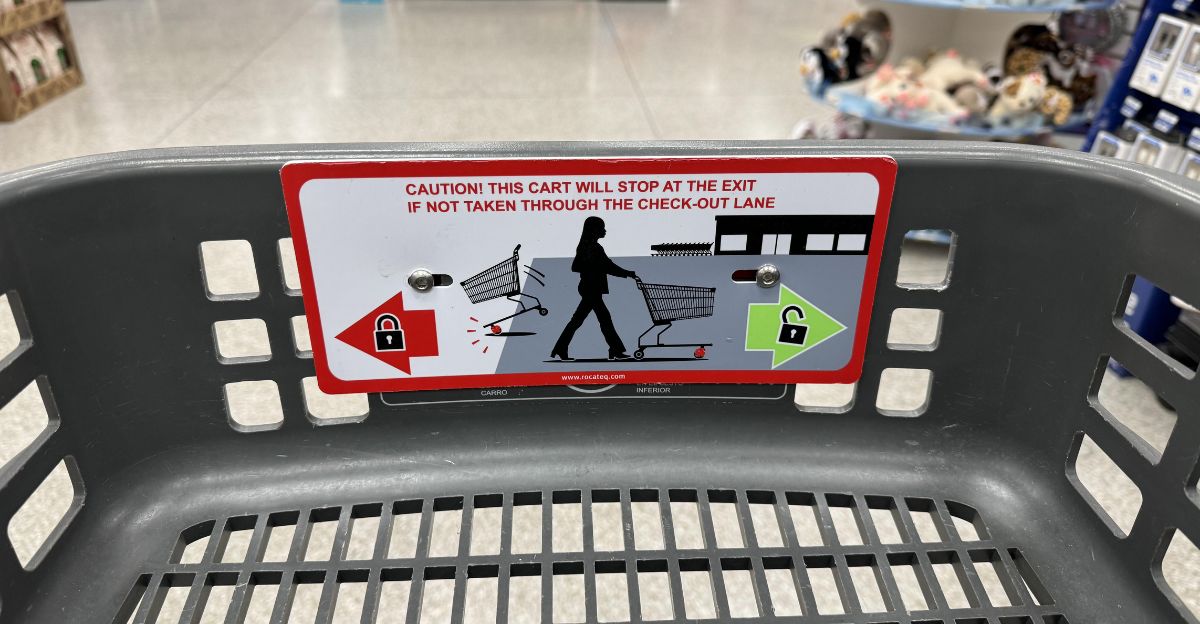
Cart crackdowns ripple through entire neighborhoods. Higher prices and locked-up items hit low-income areas hardest. When stores close, cities lose tax revenue, jobs vanish, and public services take a hit.
Plus, there’s the human side: these laws often affect homeless people who rely on carts for survival. That’s igniting real debate about fairness, access, and how we treat the most vulnerable in our communities.
Shopping Carts Go Viral

Online, shopping carts are now cultural lightning rods. TikTok show shoppers struggling with wheel locks. Reddit is filled with debates on whether cart etiquette says something about your character. The so-called “shopping cart theory” is everywhere.
Some applaud the new laws. Others call them out-of-touch and cruel. The internet is divided, but its voice is loud, and it’s already influencing how stores and lawmakers react.
What’s Really Driving Cart Abuse?

So why do people keep taking carts off the property? It’s often about convenience. Some folks feel entitled. Others are just desperate. Psychologists say many offenders see it as harmless, not criminal.
But when rules tighten, shoppers can feel policed and angry, especially if they believe the system targets the poor. This isn’t just about carts; it’s about power, trust, and how much control stores have over everyday behavior.
More Than Just a Fine
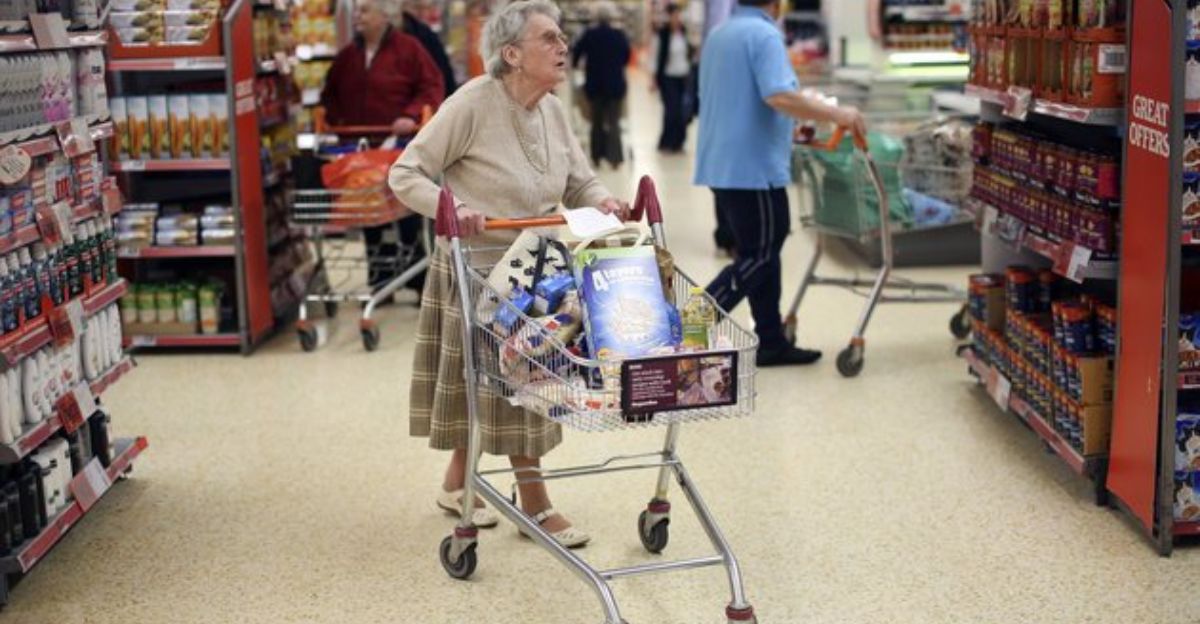
These cart laws don’t just sting financially—they change how people shop. Some avoid stores that feel too strict or surveilled, hurting local economies. For elderly or disabled customers, locked wheels or security checks can make shopping exhausting.
Cities are spending more on retrieval crews and police patrols, pulling resources from bigger problems like housing and mental health. It’s a messy, costly loop that leaves everyone feeling shortchanged.
Who’s Caught in the Middle?
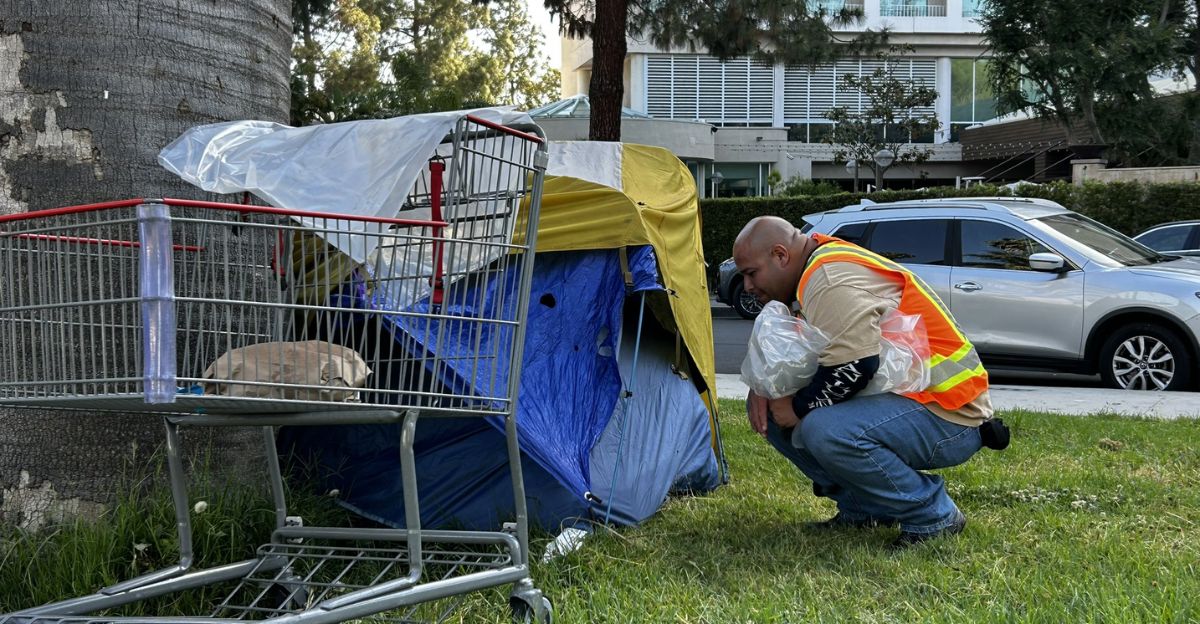
Not every cart user is trying to game the system. Homeless people, gig workers, even overwhelmed parents can find themselves targeted. A few cities offer alternatives, like handing out boxes instead of pressing charges, but most rely on heavy enforcement.
Meanwhile, organized theft rings continue to exploit loopholes. So who really pays? Often, it’s those with the fewest choices. These laws may be well-intended, but their impact is often anything but fair.
What the Cart Crackdown Really Says
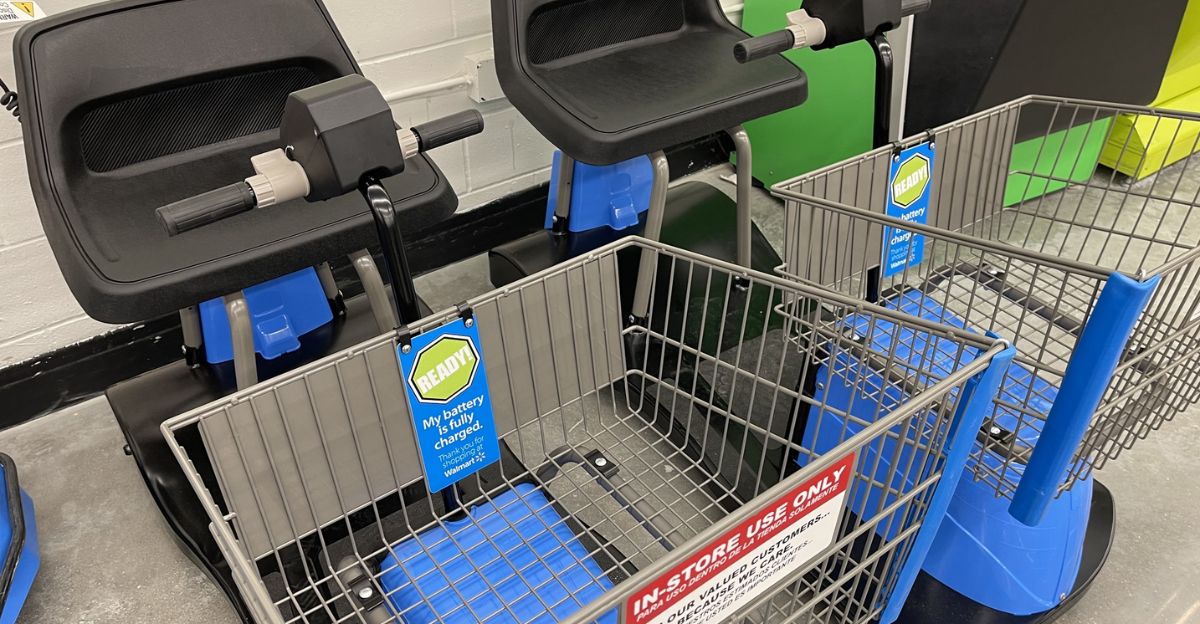
A $2,500 fine for misusing a cart sounds extreme, but it points to deeper tensions in how America shops, polices, and survives. As economic stress rises, lawmakers and corporations are laying down hard rules, sometimes at the expense of reason and empathy.
Yes, stores need protection. But shoppers deserve dignity, too. The real test ahead? Finding smarter ways to balance both without turning a grocery run into a legal risk.
Discover more DIY hacks and style inspo- Follow us to keep the glow-up coming to your feed!

Love content like this? Tap Follow at the top of the page to stay in the loop with the latest beauty trends, DIY tips, and style inspo. Don’t forget to share your thoughts in the comments — we love hearing from you!